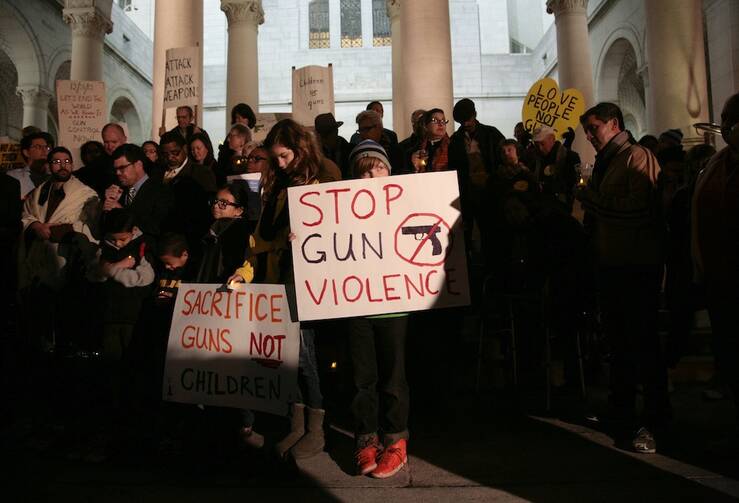The horror and outrage provoked by the massacre in Newtown, Conn., offers the hope that the Sandy Hook Elementary School victims could be among the final victims of America’s gun culture; but past experience, sadly, suggests otherwise. The familiar rebuttals to common sense responses to contain gun violence are already in play. Some suggest the answer to a weaponized society is more weapons, as if the 283 million guns in circulation in the United States were not already a major component of the problem. The focus, others argue, should not be on gun restrictions but on improving the nation’s mental health services. Fair enough. Surely more resources need to be devoted to diagnosing at-risk young people and to treatment. But no mental health system, however well resourced, will be foolproof. In China, on the same day that Adam Lanza launched his assault with a semiautomatic weapon, another disturbed man rampaged against schoolchildren. Although 22 were wounded in that incident, no fatalities were reported. The school attacker there did not have access to a firearm.
If we cannot control violence in the world, we can try to limit the damage. We can require training and liability insurance for gun owners, as well as trigger-lock mechanisms that prevent a non-owner from firing a weapon. We can control the nature of the weapons and ammunition we allow. We can simply reread that part of the Second Amendment that acknowledges the collective responsibility to maintain a “well-regulated” militia and ask, after Columbine, after Virginia Tech, after Aurora and now after Newtown, how well regulated the nation’s self-appointed citizen militia appears.
We can also ask God and these children to forgive our indifference and fatigue in what has become a grueling civic fight over gun control.








